From the goal of protecting the green of the Earth
According to the Market Research report for Vietnam - Opportunities and Challenges for Plastic Circulation, only 33% of plastic is recycled each year. The amount of unrecycled plastic is up to 2.62 tons, causing a loss equivalent to 2.2 to 2.9 billion USD.
Faced with this astonishing reality, with the desire to protect the green color of the Earth, Unilever Vietnam has made constant efforts and become a pioneer in the circular economy. The Plastic Circular Economy Project has been persistently implemented over the past 3 years.
In 2020, “Exchanging trash for gifts” became a model for collecting plastic waste in the community; raising awareness and changing habits of sorting waste at source for more than 41,400 households, 32 schools with more than 15,000 students.
In addition, Unilever also cooperated with the Ministry of Natural Resources and Environment, SCG and Dow to sign the initiative "Public-private partnership to build a circular economy in plastic waste management (PPC)". To date, PPC has 28 members including private companies, recyclers, collectors, organizations, associations, and local authorities.
Through the cooperation, Unilever collects and recycles 25,000 tons of plastic waste, and uses these recycled plastic particles to produce new packaging and plastic bottles for the company's products.
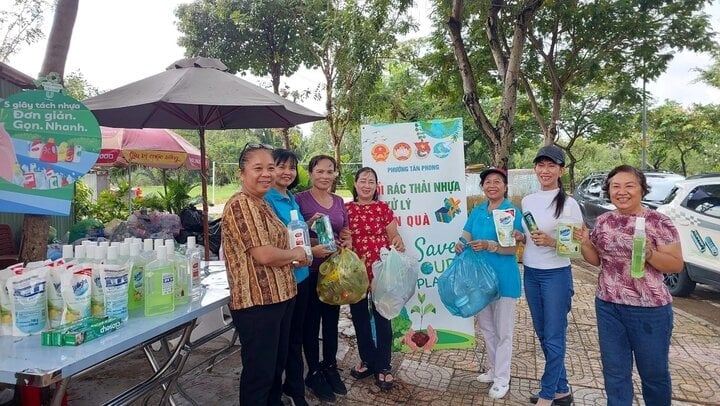
Unilever collects and recycles 25,000 tons of plastic waste for reuse in its own products.
More than a project, the Circular Plastic Economy aims for a sustainable future
The project’s breakthrough lies in its creativity and humanity, for a sustainable future. Specifically, Unilever collaborates with units that classify, process, and recycle soft plastic packaging to come up with sustainable solutions for plastic waste. The project opens up a new direction by investing in technology and processes to recycle plastic, contributing to environmental protection and resource utilization.
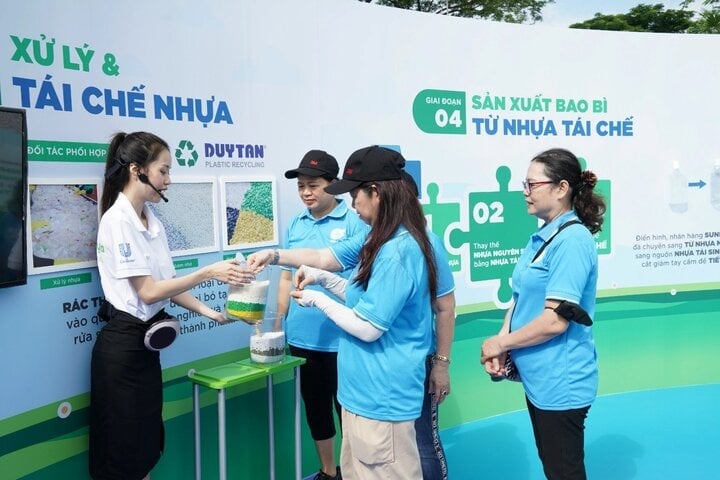
Currently, 63% of Unilever Vietnam's packaging is recyclable.
Realizing that the Circular Plastic Economy model requires the cooperation of the whole community, Unilever has conducted communication about waste classification at source for nearly 12 million people. As for distributors and retailers, they are an important link in bringing products with recycled plastic packaging to consumers, encouraging the classification of plastic waste after use, so that the plastic cycle continues to take place.
To date, 63% of Unilever Vietnam’s packaging is recyclable. Unilever has also reduced the use of virgin plastic in packaging production by 52%.
In addition, Unilever organized the “Revive Plastic Waste” program, improving the lives of 2,500 scrap collectors. Working directly with this important workforce, Unilever honored these silent heroes, helping them stabilize their income, improve their knowledge and skills, ensure their health, and have a better life.
Spreading the Circular Economy model of plastic
The “Plastic Circular Economy” project continues to be implemented with the goal of 100% of product packaging being recyclable by 2025, collecting and processing more plastic waste than the amount of product packaging that businesses sell. During the period from 2022 to 2027, Unilever will cooperate with partners to aim to collect and recycle 30,000 tons of plastic waste.
With the initial success of the Plastic Circular Economy project, Unilever hopes to spread and inspire partners and businesses in building business activities towards a green economy and sustainable development.
With all of the above results and the project's noble goals, at the Human Act Prize 2023 Gala, Unilever's Plastic Circular Economy Project was honored in the Sustainability Project Award Category.
The “Human Act Prize” is organized by Nhan Dan Newspaper, with the participation of the Ministry of Labor, War Invalids and Social Affairs, the Ministry of Natural Resources and Environment, the Ministry of Science and Technology, and the coordination of VCCorp Joint Stock Company and the sponsor Kim Cuong Bac A Bank.
The award aims to honor individuals and organizations that have made positive contributions to society through prestigious community initiatives and projects that bring long-term and sustainable effectiveness.
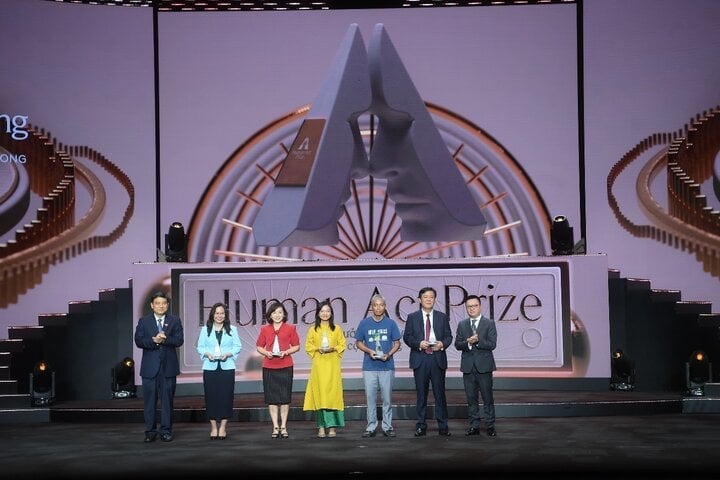
Unilever's Circular Plastic Economy Project was honored in the Sustainability Project Award Category.
“ The Plastic Circular Economy Project is one of the important projects that helps us fulfill our mission. Being honored at the Human Act Prize is a milestone for us to continue pursuing the path we have chosen, towards a sustainable development future, ” said a representative of Unilever.
Bao Anh
Source


![[Photo] Prime Minister Pham Minh Chinh chairs a special Government meeting on the arrangement of administrative units at all levels.](https://vphoto.vietnam.vn/thumb/1200x675/vietnam/resource/IMAGE/2025/5/9/6a22e6a997424870abfb39817bb9bb6c)
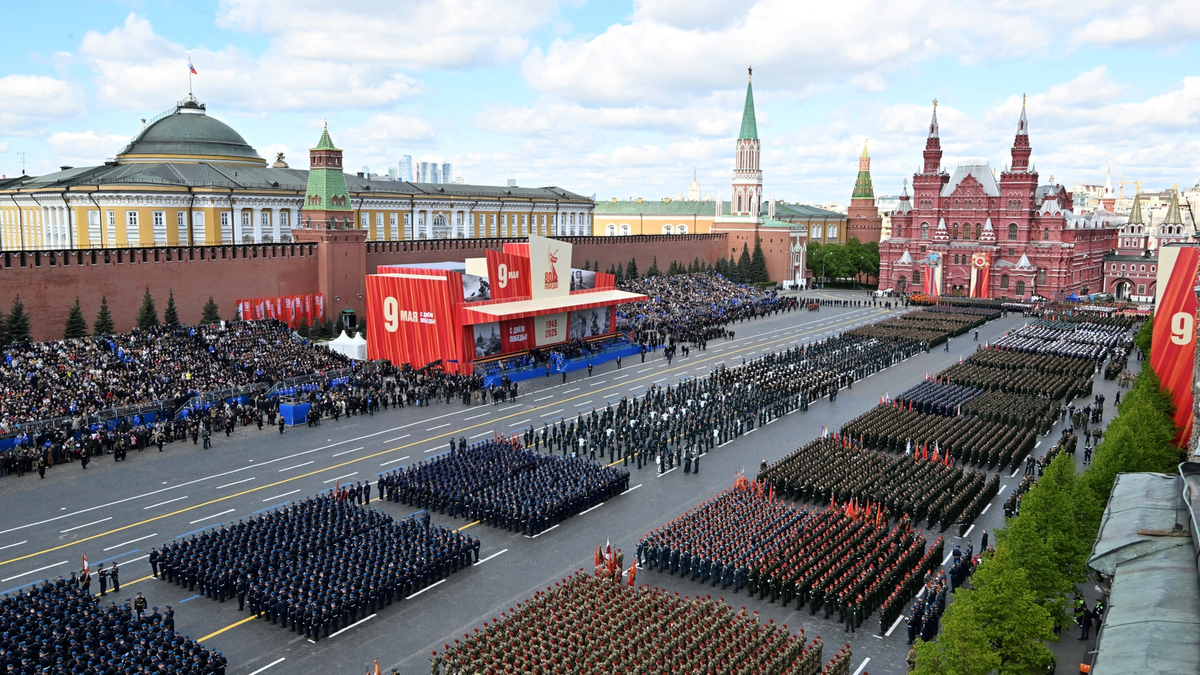
![[Photo] Russian military power on display at parade celebrating 80 years of victory over fascism](https://vphoto.vietnam.vn/thumb/1200x675/vietnam/resource/IMAGE/2025/5/9/ce054c3a71b74b1da3be310973aebcfd)
![[Photo] General Secretary To Lam and international leaders attend the parade celebrating the 80th anniversary of the victory over fascism in Russia](https://vphoto.vietnam.vn/thumb/1200x675/vietnam/resource/IMAGE/2025/5/9/4ec77ed7629a45c79d6e8aa952f20dd3)

![[Photo] Magical moment of double five-colored clouds on Ba Den mountain on the day of the Buddha's relic procession](https://vphoto.vietnam.vn/thumb/1200x675/vietnam/resource/IMAGE/2025/5/9/7a710556965c413397f9e38ac9708d2f)
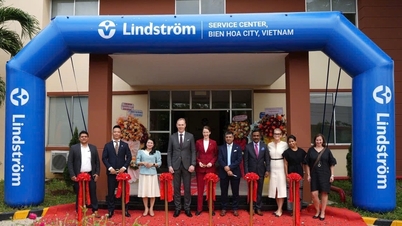

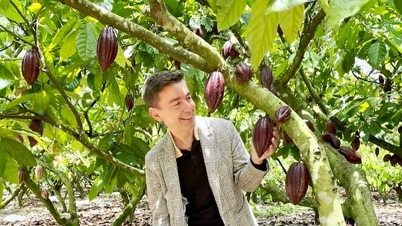

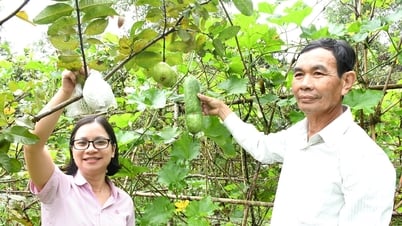





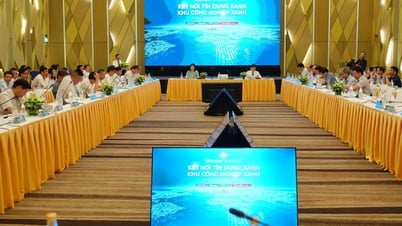
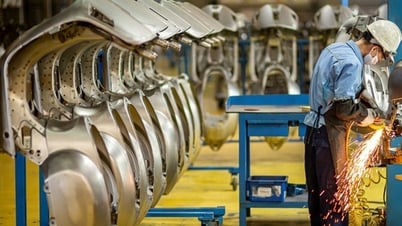
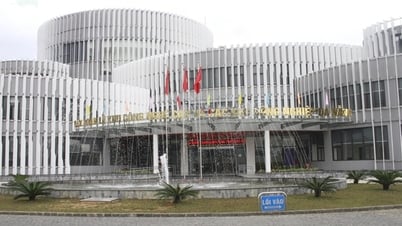

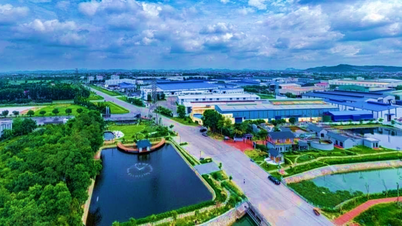
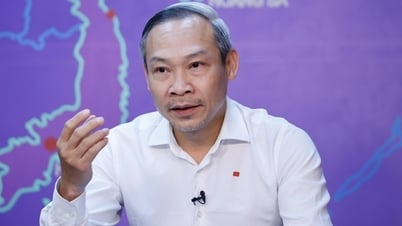





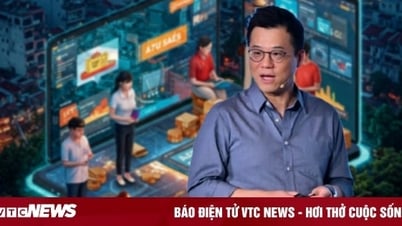
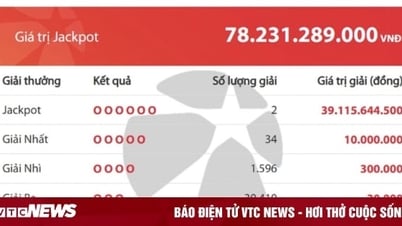
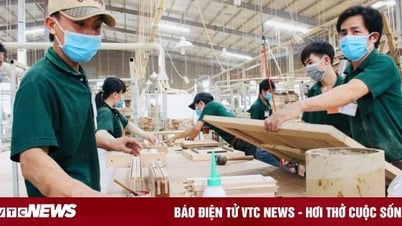
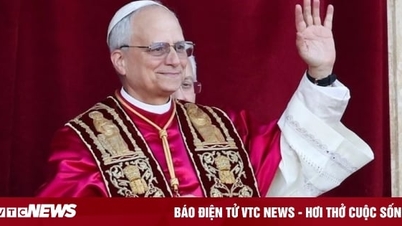
















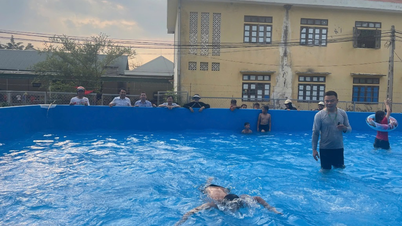












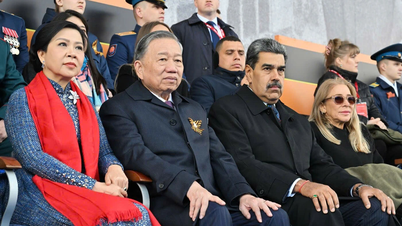





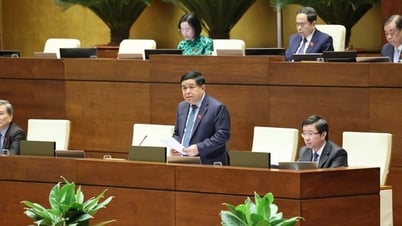

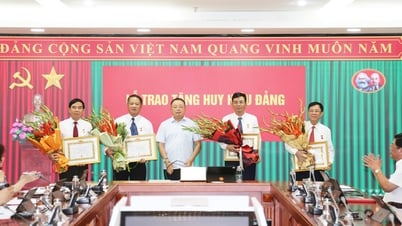

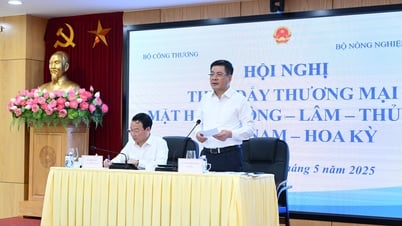


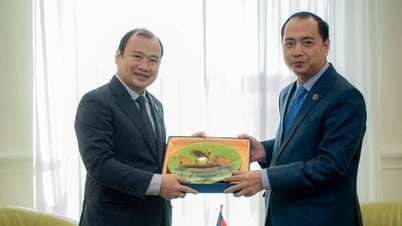


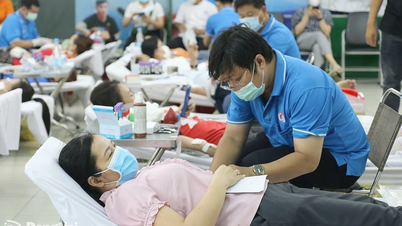

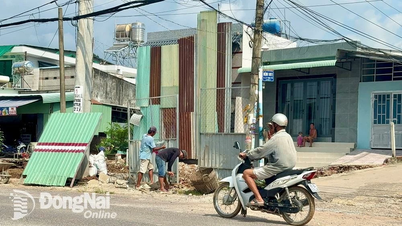
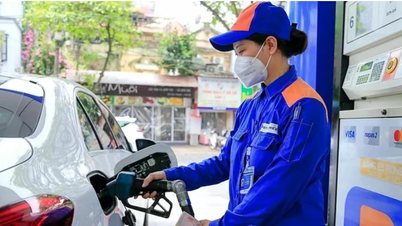
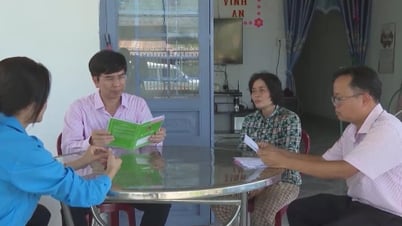











Comment (0)